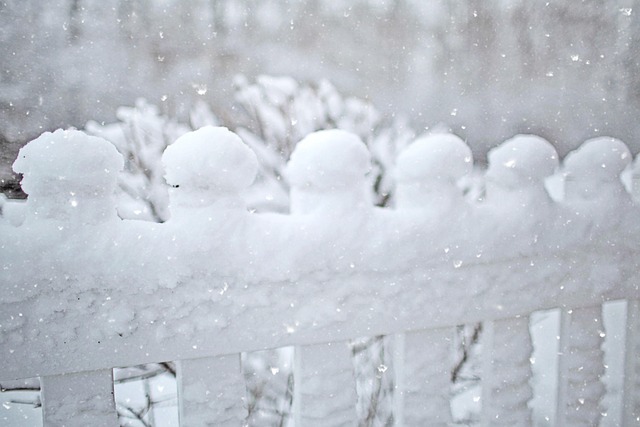In New Bedford, Massachusetts, planning a fence installation project requires understanding local regulations and estimating costs. This comprehensive guide delves into the intricacies of New Bedford’s fencing laws, explores various material options with their associated prices, analyzes labor rates, and identifies key factors that influence installation expenses. Armed with this knowledge, homeowners can make informed decisions, ensuring their projects stay on budget and within legal boundaries.
- Understanding New Bedford's Fence Regulations
- Material Options and Their Costs
- Labor Rates in New Bedford
- Factors Influencing Fence Installation Prices
Understanding New Bedford's Fence Regulations
New Bedford, like many cities, has specific regulations and guidelines regarding fence installation to ensure aesthetic consistency and safety within the community. Before proceeding with any fencing project in New Bedford, it’s crucial to understand these rules, which can vary based on property type, zoning, and neighborhood associations.
The city’s building department typically oversees these regulations, dictating permitted fence materials, heights, and placements. For instance, certain residential areas may restrict fence colors and designs while allowing only specific types of fencing like wood or vinyl. Additionally, there might be rules about where fences can be built, such as preserving line-of-sight to streets and neighboring properties, which can impact the overall design and layout of your desired fence.
Material Options and Their Costs
When considering fence installation in New Bedford, Massachusetts, understanding material costs is key to navigating budget estimates. The market offers a wide array of fencing materials, each with its own price point and aesthetic appeal. Wood remains a popular choice due to its affordability and classic charm, ranging from $15 to $30 per linear foot. Pressure-treated wood, known for its durability against rot and insects, typically falls in the higher end of this spectrum.
For those seeking low-maintenance options, vinyl fencing is an attractive alternative. Its sleek design and resistance to fading and warping make it a preferred choice, costing approximately $25 to $40 per linear foot. Steel and iron fences exude timeless elegance but come at a premium, with prices varying from $30 to $60 per linear foot depending on the intricacy of the design. Each material selection influences both visual aesthetics and long-term investment, affecting the overall fence installation cost in New Bedford.
Labor Rates in New Bedford
Labor rates in New Bedford vary based on several factors, including the complexity of the fence project and the type of material used. On average, labor costs for fence installation can range from $25 to $75 per hour. Homeowners should expect to pay a higher rate for specialized tasks like custom designs or intricate installations that require skilled artisans. Additionally, the cost can fluctuate based on the season; during peak seasons, labor rates tend to increase due to higher demand.
It’s important to note that these labor rates are estimates and may differ from one contractor to another. Some companies might offer competitive pricing, while others could have higher charges, depending on their expertise and the quality of services provided. Homeowners in New Bedford should request quotes from multiple contractors to get a clearer picture of the labor costs associated with their specific fence installation needs.
Factors Influencing Fence Installation Prices
Several factors determine fence installation prices in New Bedford, Massachusetts. One of the primary influences is the type of material used, such as wood, vinyl, or metal, each with varying costs and durability levels. The size and complexity of the project also play a significant role; larger fences or those requiring custom designs will generally be more expensive. Location within New Bedford can impact prices due to regional market fluctuations and labor costs. Additionally, factors like accessibility to the installation site, existing terrain, and nearby infrastructure may affect pricing as they can influence the ease and complexity of the installation process.
